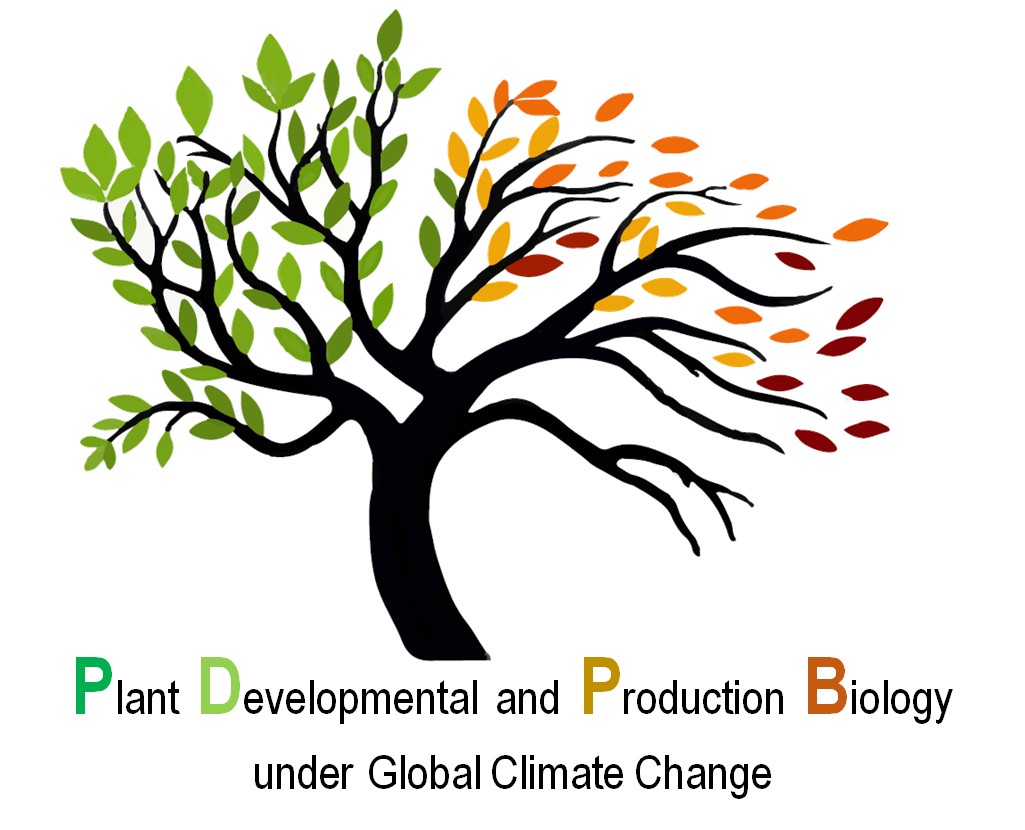| |
|
Seeding, the bottleneck of plant science
|
| |
|
Jan Šílený [a], Klára Procházková [b], Boris Dvořáček [a], Aleš Dobis [a], Adéla Kolouchová [a], Aleš Pečinka [b], Tereza Dobisová [a]
|
| |
|
|
| |
|
[a] Labdeers s.r.o., Boskovice, Czech Republic
[b] Institute of Experimental Botany, v. v. i. (IEB), Centre of the Region Haná for Biotechnological and Agricultural Research (CRH), Olomouc - Holice, Czech Republic
|
| |
|
|
| |
|
Nowadays, the basic plant research is facing the problematic identification of functional role in thousands of genes. Delays in the characterization of individual genes are dominantly caused by the high complexity and pleiotropy of the observed traits, often hidden under the biological variability. To improve this, technological solutions reducing the environmental impact and specialized analytical tools as is the plant phenotyping were introduced. However, minimal attention was paid to the role of seeding and its potential in variability enhancement.
Here, we introduce Boxeed seeding system, a new technology intended for precise automatic seeding and sorting of seeds from various plant species. For the individual seed sorting, 2D image analysis from two projections is used and the seed biomass, morphometry and fluorescence intensity is calculated. To understand the impact of defined seeding by Boxeed, we experimentally tested Arabidopsis thaliana line Col-0. Results of precise seeding (seed-to-seed positioning) showed differences during later post-embryonal growth related to root growth and development. On the other hand, immediate effects on post-embryonal growth of whole seedlings were detected using seed phenotyping followed by seed-to-plant tracking analysis. Seeds selected from a single batch with distinct parameters gave rise to groups of plants with distinct biomass production, manifested even a week after germination. These results show the importance of the seeding process itself, especially on the careful seed selection concerning the seed variability defined by Gaussian distribution. Precisely defined seeding thus opens the potential for delicate biological processes understanding, up to date hidden in the experimental variability.
|
| |
|
|
| |
|
|
|

